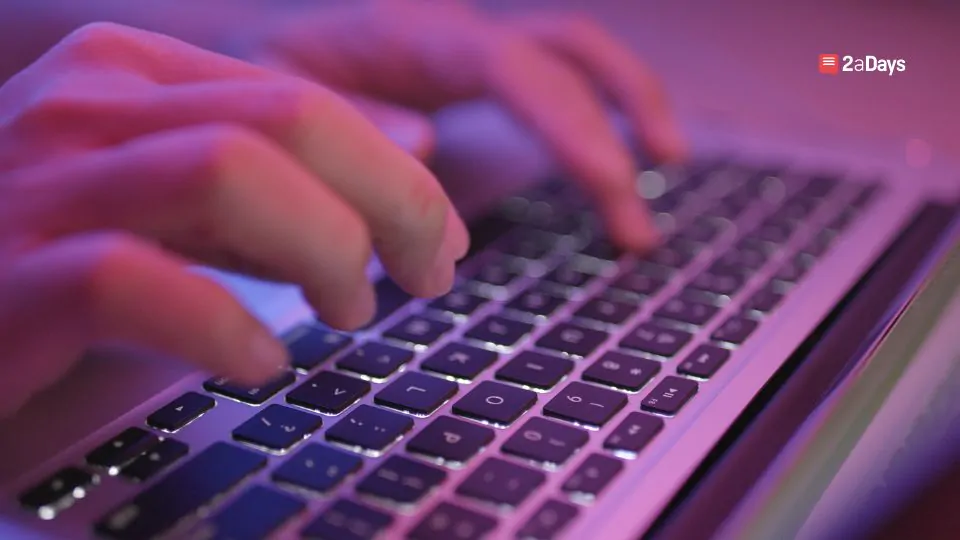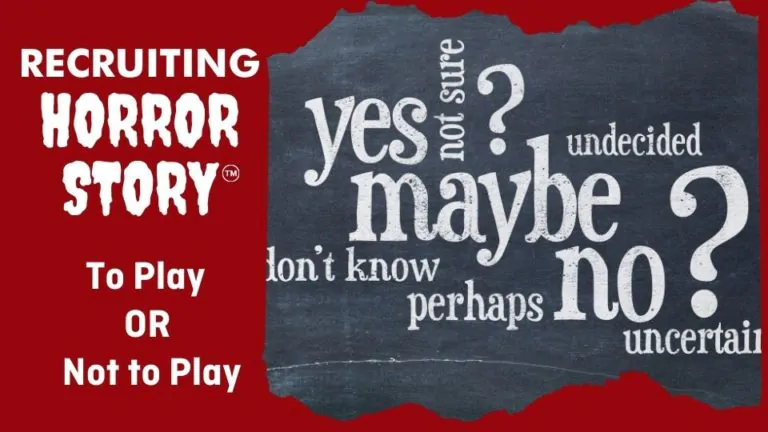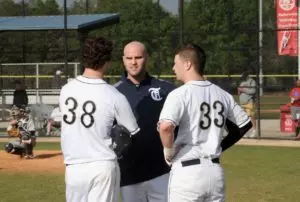In a media landscape as polarized as America's, voicing a political belief can kill careers. College athletes,in particular, are often silenced in fear of retribution.
Social media increasingly encourages accountability from corporations and brands on social justice issues. It is also often a platform in which people voice their own opinions. Still, athletes often remove themselves from certain political conversations to protect their reputation for the sake of their long-term careers.
Case in point: in recent years, the controversy surrounding the University of Texas at Austin's fight song, “The Eyes of Texas,” sparked nationwide conversation. In Fall 2020, many students and athletes protested the alma mater because the song debuted at a minstrel show where student singers likely wore Blackface, as reported in the internal investigation, “Eyes of Texas Report.”
Related: Social Justice: A Continuing Fight For College Athletes Around the Nation
“They said y'all don't have to sing it,'” then-junior linebacker DeMarvion Overshown told the Texas Tribune last year, referencing emails from UT donors and alumni sent to the university's coaches and president Jay Hartzel, which threatened to rescind university donations if the protests did not stop.“‘But y'all have to stay on the field. Y'all have to go over there and at least show fans appreciation for coming out and watching you guys play.'”
Ironically, just months before the “Eyes of Texas” controversy, many Texas players said they felt empowered to advocate against racial injustice following the murder of George Floyd. The team even attended a Black Lives Matter protest that summer, marching toward the Austin capitol arm-in-arm.
But once the conversation shifted toward racism within the university, the players felt silenced.
“It was really eye-opening,” Overshown said. “These are some high-power people that come to see you play, and they can keep you from getting a job in the state of Texas. It was shocking that they said that. To this day, I still think back to the moment. They really used that as a threat to get us to try to do what they wanted us to do.”
Beyond “The Eyes”
Although the Eyes of Texas controversy dominated headlines for months, it's just one example of athletes being silenced in fear of losing their place on a team or future program.
Joe Duhownik, previous Editor In Chief of Purdue's school newspaper, The Exponent, has reported over a dozen stories like this in the world of college sports. He said he often finds athletes are restricted when it comes to speaking on social matters. “I have been denied opportunities to speak with student-athletes or other athletics staff on anything considered controversial,” he wrote in an opinion article for The Exponent.
Duhownik explained a specific instance where he questioned a Black athlete about how she felt toward professional athletes across all sports standing up against racial injustice. Dubrovnik wrote he was confronted by the white Sports Information Director, who interrupted the athlete completely.
Dubrovnik wrote that he is not happy about this current situation: “We were left with very little to talk about during a period in which there is so damn much to talk about.”
Empowering Athletes
There's no denying censorship is a problem within athletic departments. But what is the solution? When it comes to athlete activism, diversity among coaching staff members plays a key role.
In 2019, three political science professors at Northwestern University conducted research on certain factors that could affect college athletes' ability to speak out. The study determined whether coaches actually hold a particular power over athletes' decisions and whether these decisions come from bias.
Their results, retrieved from a novel survey, concluded that “African-American coaches exhibit greater support for protests and are more likely to believe protests reflect concern about the issues, rather than attention-seeking behavior.”
Data also revealed that there are simply not enough of these coaches present to support athletes. In the 2016 season, the percentage of Black coaches was at most 13.9% in Division I, with an even lower representation of 8.3% in Division III.
Related: NCAA Rules for Protecting Student-Athlete's Eligibility While Raising funds for Social Justice
As a result, there is little support for college athletes to speak their minds. The Northwestern study found that the relationship between coaches and athletes sends a larger message about power imbalances preventing people of color from speaking out about injustice. For that reason the authors concluded: “Unraveling the nature of coach and student-athlete relationships is of critical importance for understanding contemporary politics.”
But the direct effects cannot be overlooked. These athletes, at most 22 years old, are thrown into these programs and told to trust their coaches and athletic staff, for their futures are in these powerful hands. When that power is abused and these dynamics are exploited, the real problem lies in the athletes losing faith, trust, and loyalty in their programs.
“It made me realize what money will make people do here,” Overshown told the Tribune. “The fact that somebody said they had our backs 100%, but yet it comes to money and the donors and what they want, then it's a completely different story.”
Have an idea for a story or a question you need answered? Want to set up an interview with us? Email us at [email protected]
* Originally published on November 7, 2022, by Ava Soodek







